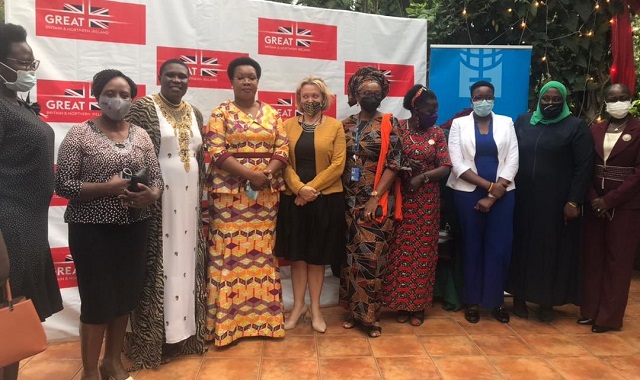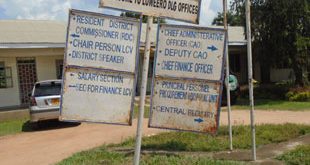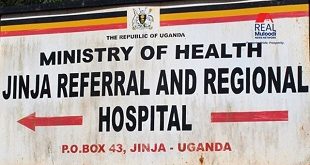
Kampala, Uganda | Patricia Akankwatsa | The British High Commission, in partnership with the Commonwealth Parliamentary Association, Westminster Foundation for Democracy (WFD), UN Women and the Uganda Women Parliamentary Association (UWOPA) on December 07 launched the second cohort of their mentorship programme for women parliamentarians in Uganda.
The one-year programme, which will be funded by the Commonwealth Parliamentary Association and supported by the British High Commission, was launched today at a Women in Leadership networking event hosted by the UK High Commissioner to Uganda, H.E. Kate Airey OBE at the High Commissioner’s residence in Kampala.
The second cohort will target at least 35 female MPs, following a successful first cohort of 30 female parliamentarians.
It is aimed at increasing the MPs knowledge and skills in parliamentary practices and procedures, effective parliamentary scrutiny and external communication skills.
The one-year programme will be implemented along three strands- one-to-one mentorship support programme between Ugandan and UK MPs, senior leadership exchanges as well as a communications and parliamentary procedures workshop.
It is hoped the programme will empower the beneficiary MPs to effectively carry out their parliamentary duties, as well as promote gender equality and the women in leadership agenda both in and outside parliament. The programme will build on similar programmes implemented by WFD, UN Women and CPA, UK in Uganda since 2017.
Speaking at the event, the British High Commissioner to Uganda, H.E. Kate Airey OBE said that women and girls represent half of the world’s population and therefore also half of its potential. But inequalities faced by women and girls begin at birth and continue into adulthood.
“I am delighted by the achievements Uganda has made so far to address gender inequality, with women now in 43% of local government positions, 33% of parliamentary seats, and 43% of the cabinet positions and a female Vice President and Prime Minister,” she said.
“But it took time to get here and there is still more to be done to promote gender equality in the UK, in Uganda and across the entire world adding that, “We must ensure that women are afforded the opportunities to take up leadership positions and that when they do, they have the support they need. I hope this programme will help.”
The state minister of youth and children’s affairs, Sarah Mateke said that women’s participation in leadership in the past years has been significant due to the affirmative actions, increased levels of education among women at higher institutions of learning, and good mentorship. “Women have always proven to be more transformational leaders than their male counterparts. This is because female leaders inspire their team in which they work and also encourage cooperation and collaboration among team members.”
“I appreciate the women in governance and politics represented today at this networking event for always striving to represent the issues that affect women, men and children in this country and around the world. The private sector is another male dominated sphere around the world but women here have been diligent and persistent in their works and influence in the private sector. You have all been key in decision making processes, holding the economy at per and your contributions cannot go unnoticed. Adekemi Ndieli, UN Women’s Deputy Country Representative said that when women come into leadership positions, they face numerous challenges and their capacity to exercise leadership is strongly influenced by complex gender and political dynamics within and beyond the institutions in which they operate.
“Therefore, as UN Women we are strongly committed to supporting women as leaders to be effective in their work, ensuring that decisions taken for the country are inclusive and reflect the needs of the entire country, especially the most vulnerable and those left behind in the development process.”
In addition to the launch of the mentorship programme, the UK will also drive forward a new global convention to condemn the use of rape and sexual violence as weapons of war. As part of this, next year the UK will host a major global summit to unite the world to take action to prevent sexual violence in conflict. Women and girls are a top UK foreign policy priority and it is hoped that the £20 million pounds of new funding committed by the UK Foreign Secretary, to this initiative will go some way to help stop violence against women and girls around the world.
The event was attended by Ugandan women in key government positions, the business sector, NGO leaders, political party leaders and media practitioners.
 The Independent Uganda: You get the Truth we Pay the Price
The Independent Uganda: You get the Truth we Pay the Price



It will help empower women diplomates.